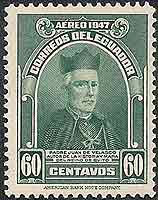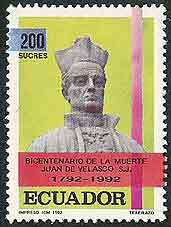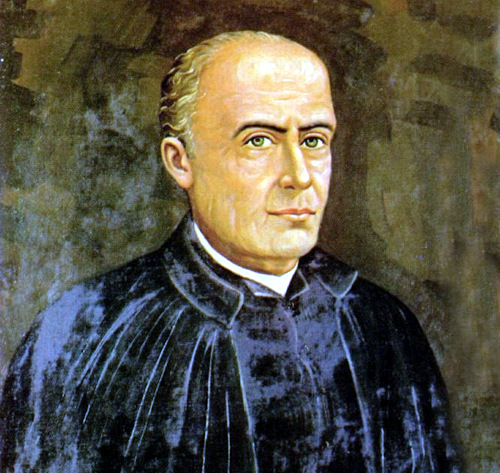Juan de Velasco y Pérez Petroche (Riobamba, January 6, 1727 – Faenza, Italy, June 29, 1792) was an influential 18th-century Jesuit priest, historian, and professor of philosophy and theology from the Royal Audience of Quito. He dedicated his life to intellectual pursuits and made significant contributions to various fields of study. Velasco’s most notable work, “Historia del Reino de Quito,” sheds light on the existence of a pre-Inca kingdom in Ecuador, leaving a lasting impact on the country’s historical narrative. His scholarly endeavors extended beyond history, as he also wrote textbooks on physics and anthologies of poetry. Velasco’s versatile expertise and commitment to knowledge continue to be admired, making him a celebrated figure in Ecuadorian intellectual and cultural heritage.
Introduction
Juan de Velasco y Pérez Petroche, an eminent figure of the 18th century, was a Jesuit priest, historian, and professor from the Royal Audience of Quito. Born in Riobamba, Ecuador, he dedicated his life to scholarly pursuits, leaving a significant impact on the fields of history, theology, philosophy, physics, and poetry. Velasco’s most notable work, “Historia del Reino de Quito,” sheds light on the existence of a pre-Inca kingdom in what is now Ecuador, making him a prominent figure in the history of Ecuador and the city of Quito.
Early Life and Education
Juan de Velasco was born on January 27, 1727, in Riobamba, located in the Audiencia of Quito, which is present-day Ecuador. His parents, Juan de Velasco y López de Moncayo and María Pérez Petroche, provided him with a solid foundation. He began his education under the tutelage of the Jesuits in Riobamba and later continued his studies at the Colegio Seminario de San Luis and the Universidad de San Gregorio Magno, both located in Quito. The Jesuits’ educational system offered him a comprehensive academic experience, comparable to that of Europe, ensuring he remained well-informed about intellectual developments.
Career and Contributions
After his ordination as a priest in 1753, Velasco embarked on a journey across Ecuador, collecting valuable information about its history, legends, flora, and fauna. He also taught at various universities, including the prestigious Universidad de San Marcos in Lima, in the Viceroyalty of Peru. Known for his extensive knowledge and expertise, Velasco’s teaching career spanned multiple disciplines, demonstrating his versatility as a scholar.
Velasco’s most renowned work, “Historia del Reino de Quito,” holds immense significance in the history of Ecuador and Quito. This three-part book presents a comprehensive account of the Kingdom of Quito, claiming the existence of a pre-Inca civilization. Although Velasco’s work has faced criticism and debate among historians, it remains a valuable source for understanding the region’s past. Esteemed historians such as Marcos Jiménez de la Espada, Federico González Suárez, Jacinto Jijón y Caamaño, and others have engaged with and discussed Velasco’s book, offering their perspectives on its contents.
Velasco’s legacy extends beyond his historical works. He also contributed to other fields of study. He authored physics textbooks and anthologies of poetry, showcasing his diverse intellectual pursuits and artistic inclinations. Velasco’s dedication to scholarship and his multifaceted contributions left an indelible mark on Ecuador’s intellectual landscape.
Stamps
In 1947-1949, the Ecuadorian postal service issued a commemorative stamp featuring a portrait of Juan de Velasco. This recognition highlights his enduring significance and the appreciation of his scholarly achievements within his home country. In 1992, he was featured on a new stamp to commemorate the bicentennial of his death.


Conclusion
Juan de Velasco y Pérez Petroche was a remarkable figure of the 18th century, distinguished as a Jesuit priest, historian, and educator. His most notable work, “Historia del Reino de Quito,” serves as a key source for understanding Ecuador’s past and the alleged pre-Inca Kingdom of Quito. Velasco’s scholarly pursuits extended beyond history, encompassing fields such as theology, philosophy, physics, and poetry. His contributions and dedication to knowledge continue to inspire and enrich Ecuador’s intellectual heritage.

